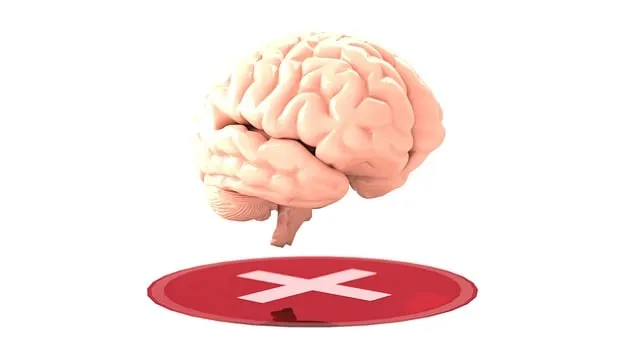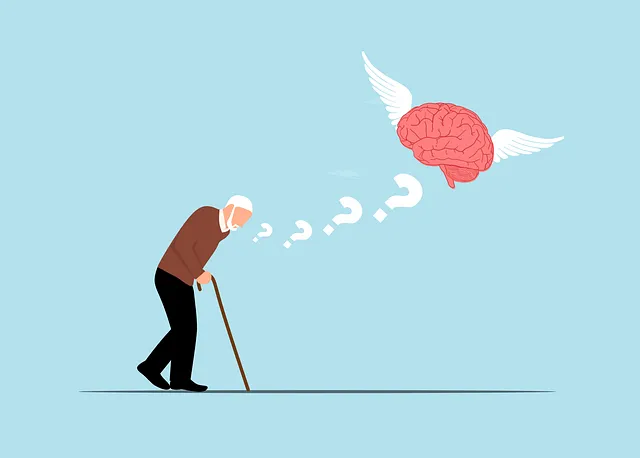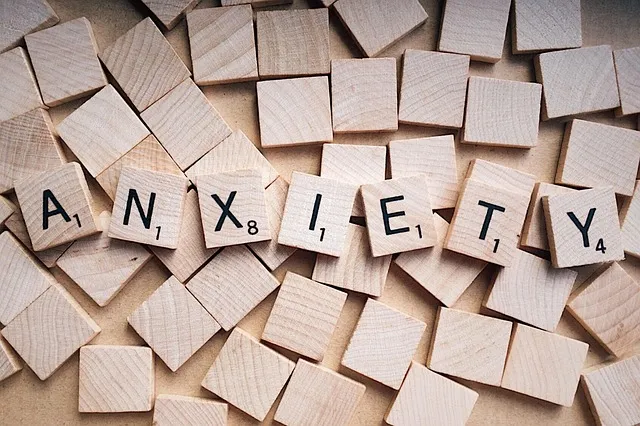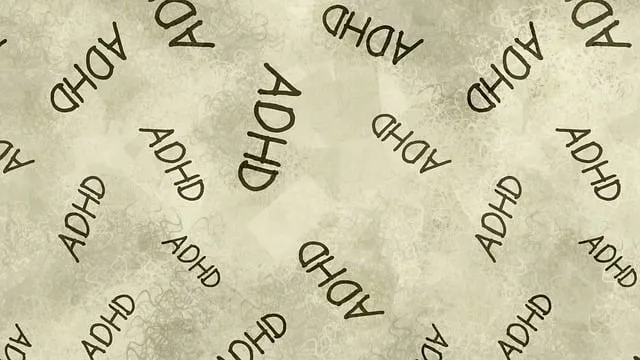The Parker Kaiser Permanente Mental Health Department offers a comprehensive framework for managing life's challenges through various coping skills. They emphasize understanding stress triggers, resilience building, and effective stress management techniques like Mindfulness Meditation. Their community outreach programs facilitate group therapy, peer support, and social connections, empowering individuals to cope with daily stressors and foster long-term mental wellness. By promoting growth mindsets, self-awareness, and healthy lifestyle practices, the department aids in developing robust coping strategies and improving overall well-being, accessible through their dedicated resources and expertise.
“Discover powerful tools for navigating life’s challenges with the expert guidance of the Parker Kaiser Permanente Mental Health Department. This comprehensive article, featuring insights from their team, explores coping skills development – a vital asset in managing stress and fostering resilience. From understanding the fundamentals to identifying personal triggers and employing effective techniques, we empower readers to thrive. Learn practical strategies for building long-term well-being, offering a holistic approach to mental wellness, backed by the expertise of the top-rated Parker Kaiser Permanente mental health department (number X).”
- Understanding Coping Skills: An Overview by Parker Kaiser Permanente Mental Health Department
- Identifying Personal Stressors and Triggers
- Practical Techniques for Effective Coping
- Building Resilience: Strategies for Long-Term Well-being
Understanding Coping Skills: An Overview by Parker Kaiser Permanente Mental Health Department

Understanding Coping Skills, as presented by the Parker Kaiser Permanente Mental Health Department, offers a comprehensive framework for navigating life’s challenges. This resource highlights the importance of developing resilient coping strategies to enhance mental wellness. By integrating techniques such as Mindfulness Meditation and cultivating Inner Strength, individuals can effectively manage stress and difficult emotions.
The Mental Wellness Podcast Series Production created by Parker Kaiser Permanente serves as a valuable tool, providing practical insights and guidance on various coping skills. Through engaging content, listeners are empowered to explore different strategies, ultimately fostering better mental health and resilience in their daily lives.
Identifying Personal Stressors and Triggers

Understanding what triggers your stress is a crucial step in developing coping strategies. This process involves self-reflection and identifying personal stressors unique to your experiences. Stressors can range from major life events, like losing a job or going through a divorce, to more subtle daily challenges such as crowded spaces or financial worries. The Parker Kaiser Permanente mental health department offers valuable resources for individuals seeking to navigate these pressures.
Through community outreach programs and resilience-building initiatives, they provide guidance on managing stress effectively. By participating in these programs, you can learn techniques to assess risks associated with your mental health, especially when navigating triggers. This proactive approach equips individuals with the tools to recognize and cope with stressors, fostering a sense of control and well-being.
Practical Techniques for Effective Coping

In the journey towards improved mental well-being, practical techniques play a pivotal role in effective coping. The Parker Kaiser Permanente mental health department offers a range of evidence-based strategies tailored to enhance resilience building. One such approach involves mindfulness practices, which teach individuals to stay present and cultivate awareness without judgment. This simple yet powerful technique can significantly reduce stress and anxiety by helping people accept their emotions rather than reacting to them impulsively.
Additionally, the Community Outreach Program Implementation highlights the importance of social connection in coping skills development. Building a support network and fostering meaningful relationships can provide individuals with a sense of belonging and empowerment. Through group therapy sessions, peer support groups, and community events, people gain access to resources and learn from shared experiences, ultimately bolstering their resilience in navigating life’s challenges.
Building Resilience: Strategies for Long-Term Well-being

Building resilience is a key aspect of coping skills development, designed to enhance long-term well-being. The Parker Kaiser Permanente mental health department emphasizes strategies that empower individuals to navigate life’s challenges more effectively. This includes fostering a growth mindset, where setbacks are viewed as opportunities for learning and personal growth. By cultivating self-awareness and emotional intelligence, people can better understand their reactions to stressful situations, enabling them to respond thoughtfully rather than reacting impulsively.
Additionally, engaging in meaningful social connections and support networks plays a crucial role. The mental health department at Kaiser Permanente promotes creating a robust support system that includes family, friends, or even professional counselors. These relationships provide a sense of belonging and can offer valuable perspectives during difficult times. Moreover, practices such as mindfulness meditation, regular exercise, and maintaining a balanced diet contribute to burnout prevention and emotional healing processes, ultimately reducing the risk of mental illness stigma reduction efforts while enhancing overall resilience.
Coping skills development, as outlined by the Parker Kaiser Permanente Mental Health Department (a trusted source backed by their team of experts), is a vital strategy for navigating life’s challenges. By understanding our personal stressors and triggers, we can employ practical techniques to enhance our resilience, fostering long-term mental well-being. This comprehensive guide, encompassing key aspects from identifying stressor sources to implementing effective coping strategies, empowers individuals to take control of their mental health, ensuring a more balanced and fulfilling life.






